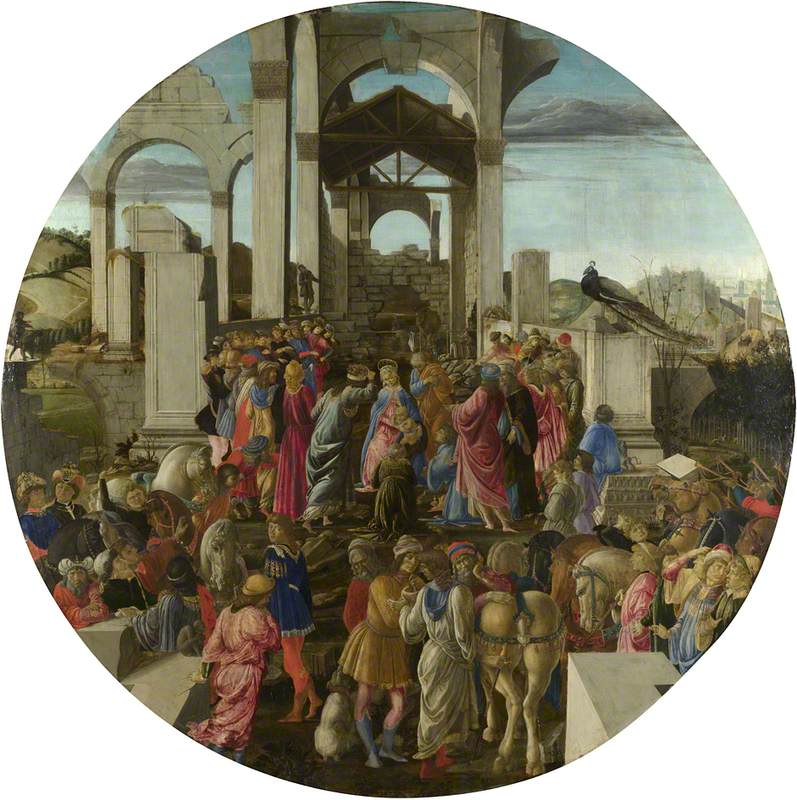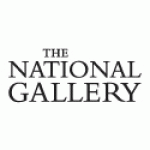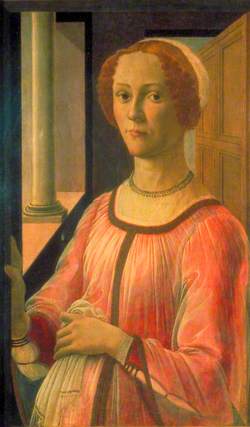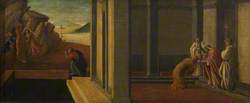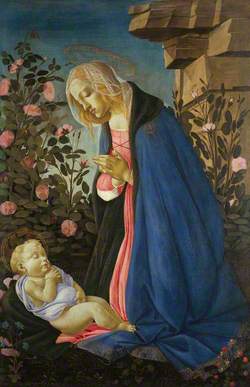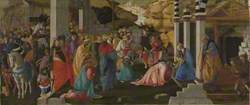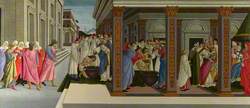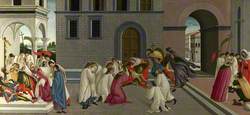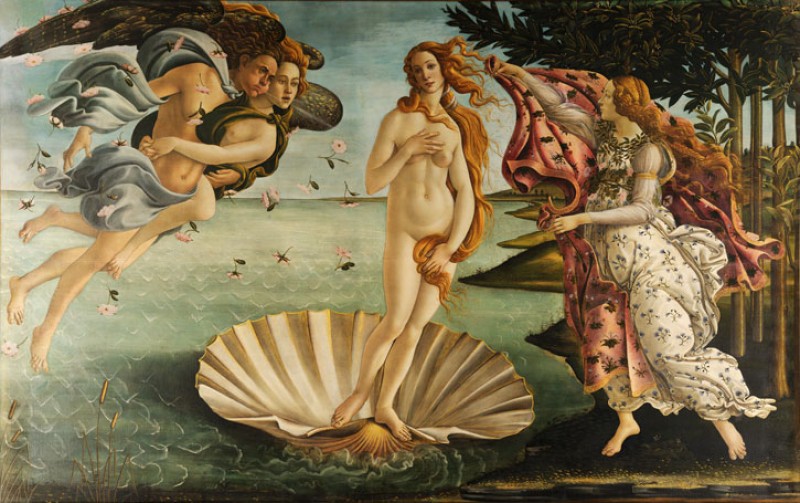How you can use this image
This image can be used for non-commercial research or private study purposes, and other UK exceptions to copyright permitted to users based in the United Kingdom under the Copyright, Designs and Patents Act 1988, as amended and revised. Any other type of use will need to be cleared with the rights holder(s).
Review the copyright credit lines that are located underneath the image, as these indicate who manages the copyright (©) within the artwork, and the photographic rights within the image.
The collection that owns the artwork may have more information on their own website about permitted uses and image licensing options.
Review our guidance pages which explain how you can reuse images, how to credit an image and how to find images in the public domain or with a Creative Commons licence available.
Buy a print or image licence
You can purchase this reproduction
If you have any products in your basket we recommend that you complete your purchase from Art UK before you leave our site to avoid losing your purchases.
Notes
Add or edit a note on this artwork that only you can see. You can find notes again by going to the ‘Notes’ section of your account.
Botticelli painted at least six scenes of the Adoration of the Kings. This, one of his most expansive and ambitious, is painted in a circular format called a tondo. The figures and animals in the outer circle face inwards to pay respect to the Christ Child, inviting the viewer to do the same. Botticelli has raised the Virgin and Child upon a natural rocky platform, ensuring the viewer looks up towards them in reverence.A makeshift roof has been inserted within the central arch so that it doubles as the humble stable where Christ was born. Crumbling classical architecture was a common feature in religious paintings in the Renaissance period, symbolising how Christianity had surpassed pagan religion and culture.The picture may have belonged to the Pucci, a Florentine family.
Title
The Adoration of the Kings
Date
about 1470-5
Medium
Tempera on poplar
Measurements
H 130.8 x W 130.8 cm
Accession number
NG1033
Acquisition method
Bought, 1878
Work type
Painting
